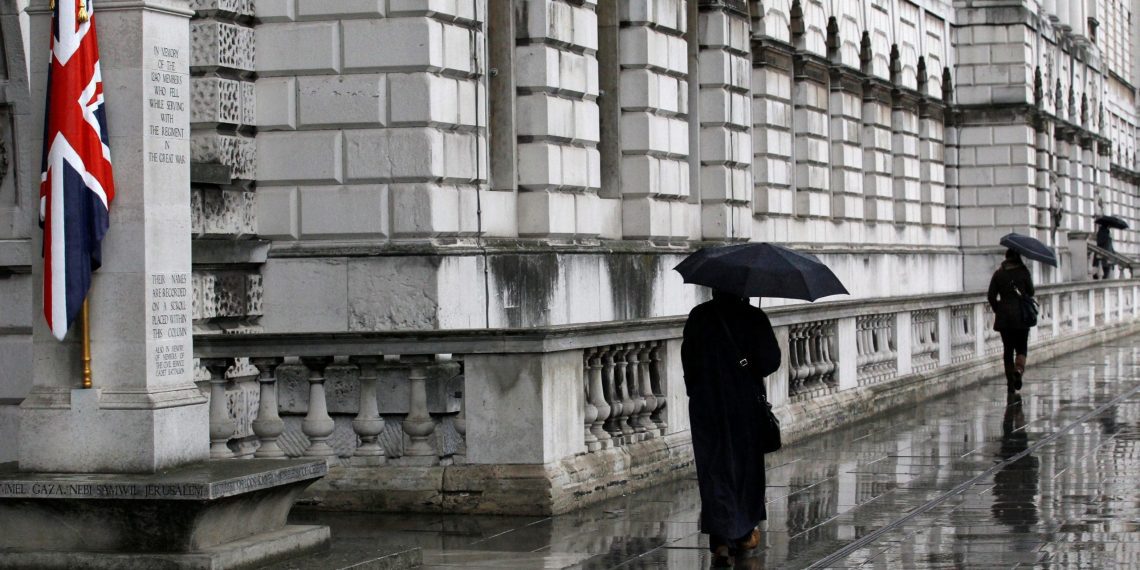Olly Robbins, the civil servant who became a symbol of Brexit-era turmoil, is back in the heart of British government. Once branded a “traitor” by hardline Brexiteers during his tenure as Theresa May’s chief Brexit negotiator, Robbins is now set to lead the Foreign, Commonwealth, and Development Office (FCDO)—a move that has already ignited fresh controversy.
The FCDO announced Robbins’ appointment Wednesday, describing him as a seasoned leader with “extensive experience of economic and security issues.” Foreign Secretary David Lammy hailed the appointment, praising Robbins for his proven expertise and diplomatic acumen.
A Brexit Survivor Returns to the Spotlight
Robbins’ career reads like a masterclass in navigating political firestorms. Once a high-flying civil servant groomed for the top echelons of Whitehall, he became a lightning rod for anger during the Brexit negotiations. Serving as May’s Europe Adviser from 2017 to 2019, Robbins was accused by Brexiteers of favoring the EU and wielding outsized influence over government policy.
The backlash was so intense that then-Cabinet Secretary Mark Sedwill publicly defended Robbins, calling attacks on him a disgrace and lauding his “extraordinary dedication and professionalism.” Still, the scars from those years linger, making Robbins’ return to the government both a vindication and a challenge.
Robbins’ Vision for a New Era
After a five-year hiatus that included a stint with consultancy Hakluyt, Robbins has re-emerged with a renewed focus on diplomacy. In a statement, he expressed enthusiasm for the Foreign Office’s “extraordinary diplomatic and development capabilities” and emphasized the need to adapt to global changes.
“I return believing more strongly than ever in the value of public service principles,” Robbins said. “Maintaining the U.K.’s lead depends critically on understanding and co-opting the pace of change evident in the U.K. and around the world.”
His appointment coincides with Labour Prime Minister Keir Starmer’s drive to “reset” the U.K.’s relationship with the European Union, aiming for more pragmatic ties after years of tension. Robbins’ deep knowledge of EU diplomacy is expected to play a key role in these efforts.
A Symbol of Continuity or Controversy?
Robbins takes over from Philip Barton, a veteran civil servant with four decades of experience at the Foreign Office. His appointment marks a significant moment for the Starmer government, which is steering Britain into a post-Brexit era where diplomatic finesse will be paramount.
However, Robbins’ return is likely to reignite old grievances. To Eurosceptics, he remains a polarizing figure whose Brexit strategy was seen as overly conciliatory. To others, he represents the best of Whitehall—impartial, pragmatic, and deeply committed to public service.
The Road Ahead for Robbins and the UK
As Robbins steps into this critical role, his ability to navigate both domestic skepticism and international challenges will be closely watched. With the U.K. aiming to rebuild its global standing and redefine its European ties, Robbins’ expertise may prove invaluable—or divisive.
One thing is certain: Olly Robbins is no stranger to high-stakes politics, and his comeback signals that the next chapter of British diplomacy is already off to a dramatic start.









